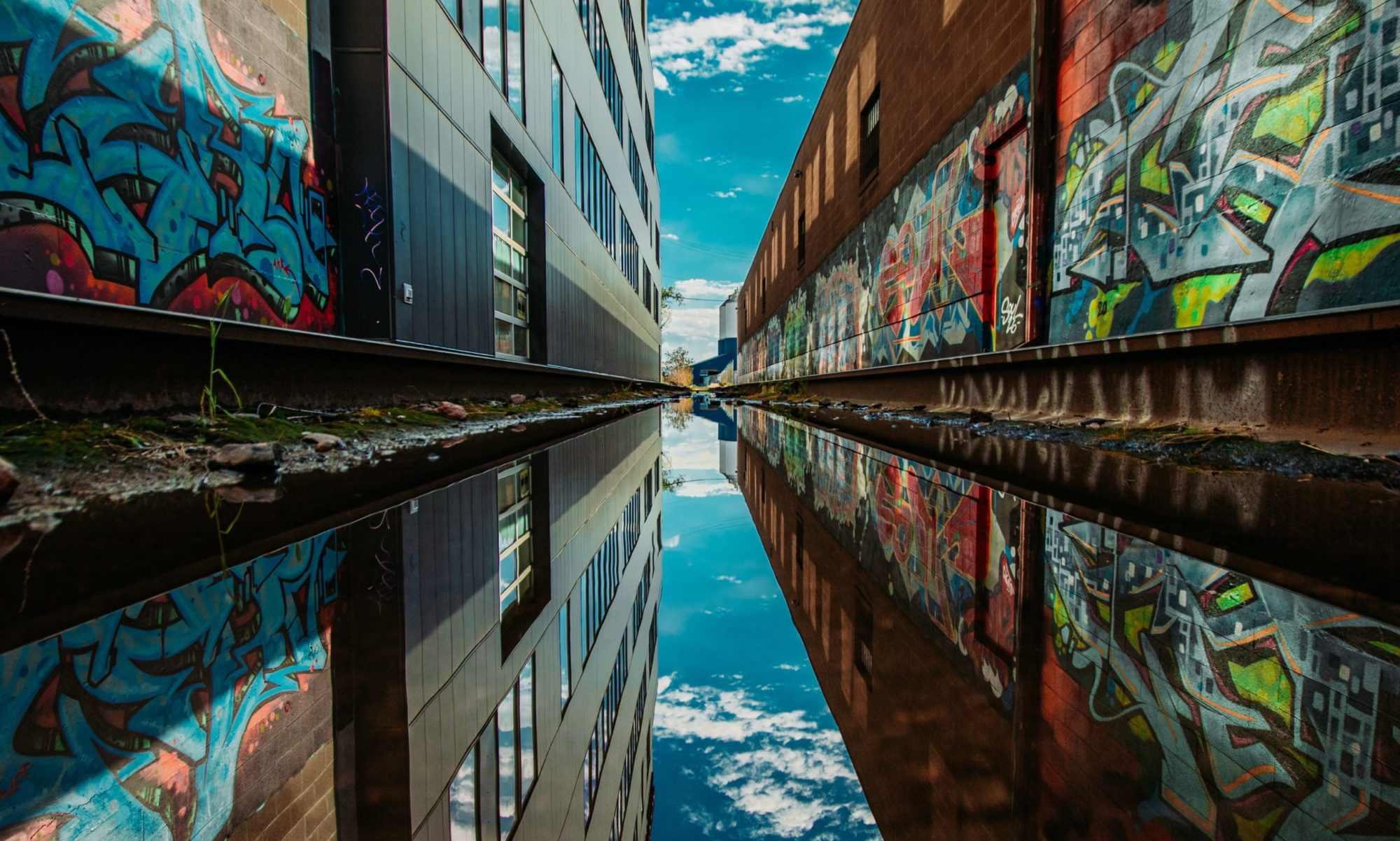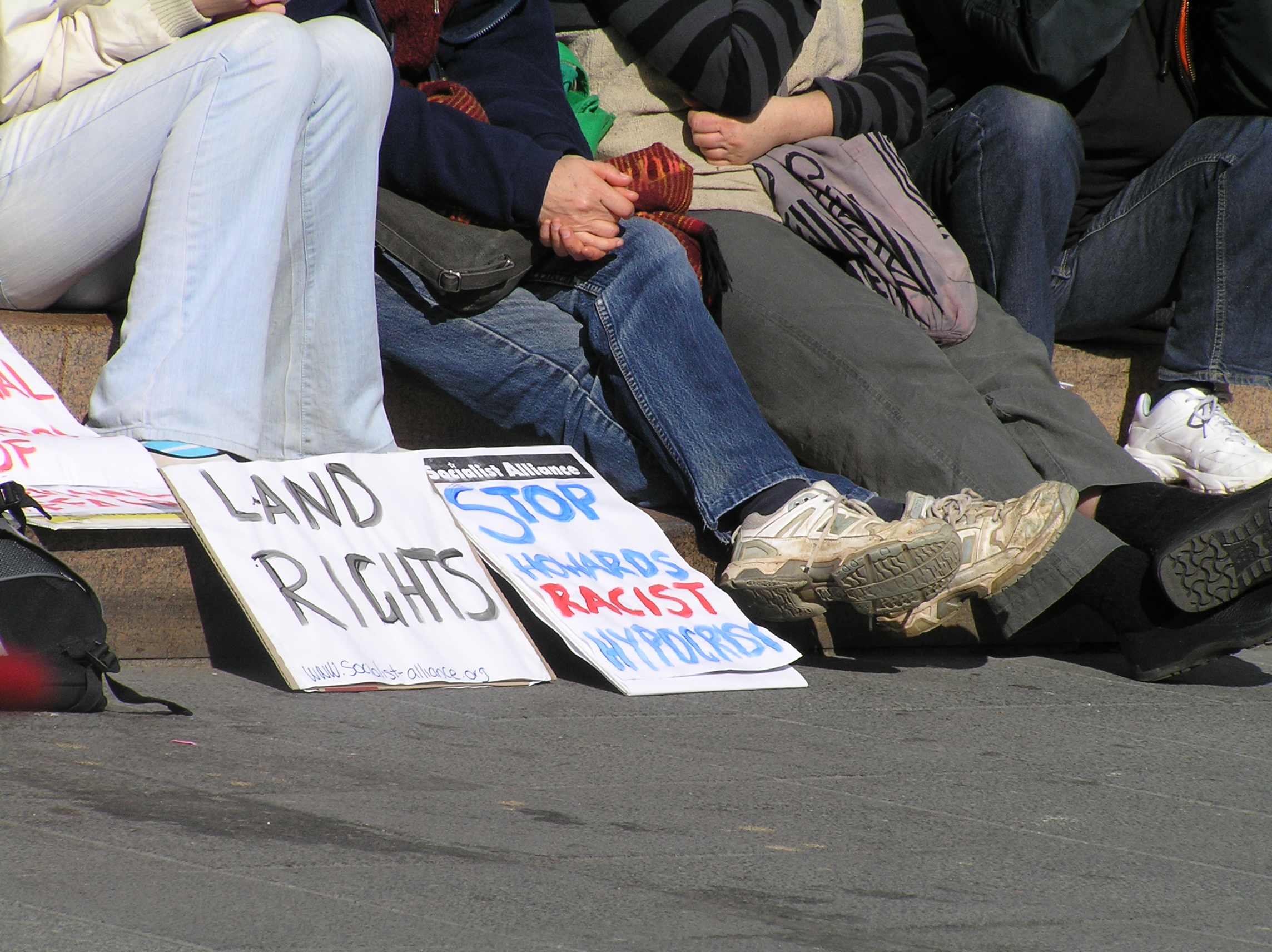In a few weeks, the UN Committee for the Elimination of Racial Discrimination (CERD) will be meeting to review Canada’s adherence to their international obligations. It’s been over forty years since Canada became a signatory to the International Convention on the Elimination of Racial Discrimination; this has provided governments at all levels ample opportunity to review legislation and policies in light of their responsibilities. So to the media, and to the average Canadian, the review is likely little more than a formality – surely our peaceful and enlightened northern state is at the forefront of the defense of human rights worldwide.
It is this comforting myth of Canadian moral superiority that blinds us to the absolute tragic day to day realities of a not-insignificant number of our own citizens. Yet we cloud our compassion by blaming victims, and creating an us and them paradigm. But how would the public react if one day our national newspaper ran a story stating that Jewish women are three times more likely to be a victim of violent crime, and seven times more likely to be murdered, than non-Jewish women? The backlash would be immediate. Editorials would be written calling Canada a country troubled by violent prejudice, deeply seeded anti-Semitism, and rampant xenophobia. The governments would coordinate to make an action plan to determine the cause of this staggering injustice, police forces would set up a joint task force, public inquiries would be held, and the public would demand answers as to why such a historically persecuted group can find no escape from continued discrimination. All of these reactions would be appropriate, just, and necessary.
Yet as soon as we change Jewish to Aboriginal everything changes. Now the public reaction is muted. The media runs a story and then lets it lie. Communications from governments are of false sympathies and empty commitments, followed up by policies that seem to blame the victims and ignore root causes. This is our reality, and this is the Canada that we live in. Aboriginal women are three times more likely to be a victim of violent crime, and seven times more likely to be murdered. Read that sentence again. Read it one more time. Let it actually sink in what that means in terms of a complete and utter failure on the part of our country to care for its people and understand their situation. This is our fault, and this is our shame.
Those on the other side of the debate will argue personal responsibility. They will argue that our regrettable history of colonialism has long been mended; after all that was generations ago. How short our memories have become. Imagine that your grandparents had been stolen from their homes as children, physically and sexually abused by the only parental figure in their lives at a residential school, and taught that they were lesser persons and their entire culture was blasphemy. Would that not have had an effect on you, growing up? Would you be able to turn it all around and escape from the cycles of abuse and poverty? Does that sound so easy? We are beyond arrogant and ignorant to believe that such abuse and denial of rights can be erased with nothing more than a formal apology in Parliament.
When action has come on this issue, it has been haphazard and predictably unjust. In the aftermath of the Robert Pickton trials, the Government of British Columbia set up a Missing Women Commission of Inquiry to look into police investigations into dozens of women who went missing in the Vancouver Downtown Eastside between 1997 and 2002. Despite paying lip service to an inclusive proceeding that respected the voices of all parties involved, Women’s groups, Aboriginal rights organizations, and Downtown Eastside community groups were unable to participate after being denied public funding by the Attorney General of BC. By the very circumstances that necessitated the inquiry – the lack of political voice of these women – they became unable to take part and lend their necessary and relevant voices to the discussion. Meanwhile, police and members of the justice system are fully represented, all paid for by public funds.
This is a tragic farce, a mockery of justice. This is the very essence of discrimination. How can we expect a group that lacks financial resources and political clout to make their voices heard above the state? Why have an inquiry without giving voice to those groups who are the very subject of that inquiry? And perhaps more tragically, why does nobody seem to care? This is but one example of the continued failure of the Government of Canada, the media, and the greater polity, to take heed of tragedies within our own home.
It’s possible to list all the legal arguments as to how our collective lack of action doesn’t live up to our international commitments. This has been done in submissions to CERD, and hopefully the committee members will press our delegation hard on these issues. But let’s set aside legal arguments for now. Let’s forget that human rights weren’t born of law, but of compassion, understanding, and morality. Until the public takes notice, stops blaming the victims, and realizes that discrimination through inaction is just as harmful as discrimination through action, then Aboriginal women in Canada – in our country – will continue to be disappeared, assaulted, and murdered. All this will happen while we sleep easy, comforted by the continually propagated myth of Canada’s undeniable respect for human rights and freedoms.
(Feature photo courtesy of pierre pouliquin/Flickr)

